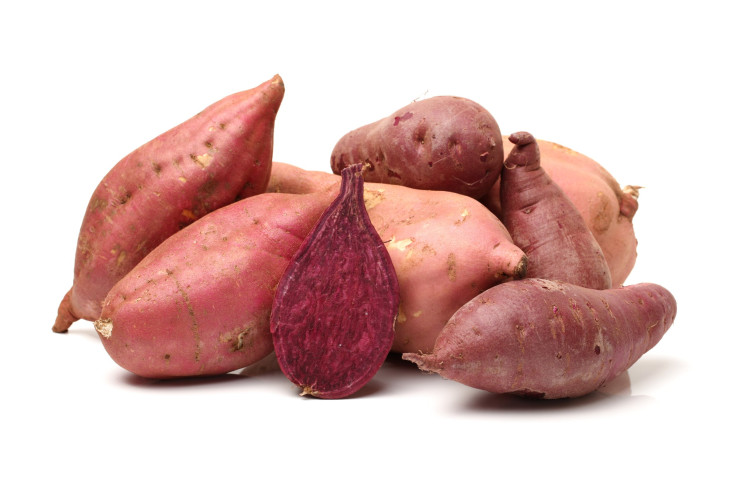Eating Carotenoid-Rich Vegetables May Improve Your Breast Health

Eating vegetables rich in carotenoids — like kale, spinach, melons, and yams — can prevent benign breast disease, and possibly breast cancer through their antioxidant properties, a new study found.
The lead researcher, Caroline Boeke, told HealthDay that plenty of studies have examined the effects of fruits and vegetables (and their carotenoids) on breast health. Most of them have produced mixed results; but in general they suggest that carotenoids, which are a type of pigment found in orange, red, or green vegetables, have a positive effect on breast health. Benign breast disease may involve a form of noncancerous breast condition, which may play a role in raising the risk of breast cancer.
The researchers examined girls in an ongoing study since 1996, reviewing their food reports from 1996 to 1998 then doing evaluations in 2005, 2007, and 2010 among the girls who received a benign breast disease diagnosis. There were 6,600 girls who participated in the study, with 122 that had a benign breast diagnosis.
Ultimately, Boeke found that high intakes of carotenoids had protective effects, even after she took into account other factors that might raise the risk of benign breast disease — like alcohol consumption and physical activity. “The odds of benign breast disease in those who consumed the most beta carotene were about half that of those who consumed the least,” Boeke, a postdoctoral fellow at Channing Division of Network Medicine at Brigham and Women’s Hospital and Harvard School of Public Health, told HealthDay. However, she notes that it’s an observational study “so we can’t say for sure the carotenoids cause the lower risk. We can only say there’s an association.”
Though this may suggest that beta-carotene supplements would be good for you, it’s not clear whether that’s the case. Studies have shown that diets filled with carotenoid-rich fruits and vegetables “are associated with reduced risk of cardiovascular disease and some cancers,” the Linus Pauling Institute at Oregon State University writes. However, “high-dose beta-carotene supplements did not reduce the risk of cardiovascular diseases or cancers in large randomized controlled trials.” So before reaching for supplements, turn instead to eating fruits and vegetables like tomatoes, carrots, dark leafy greens, cantaloupe, apricots, and pumpkins.
Published by Medicaldaily.com



























